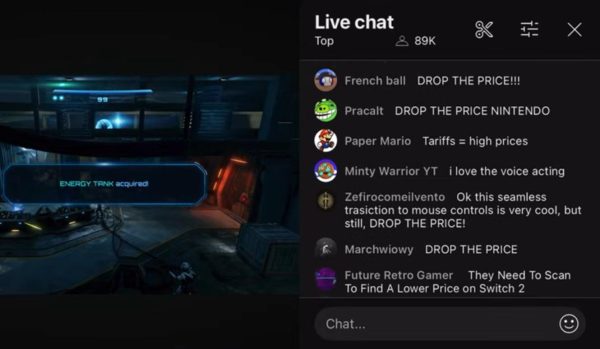Positive Space: Karylle ‘Kary’ Jabas
Dance, as an art and cultural practice, is deeply rooted in human history. People dance in many different ways and for varying reasons, but above all, it has the ability to unite people and provide a sense of belonging.
When her family moved to the United States, Karylle (Kary) Jabas, third year electrical engineering major, was 12 years old. Having to uproot her life in the Philippines and relocate to the states, and at such a vulnerable age, Jabas naturally felt anxious. Dance, however, served as a common interest with others that helped make this transition smoother.
“[Coming] here during my teen years was very hard especially since I felt like I stuck out like a sore thumb,” Jabas said. “I was able to bond with people through dancing […] I met some of my friends and got closer to them when we would learn new dances together.”
Jabas started dancing at a young age. In the first grade, she signed up for a class where she learned three different dances. At the end, when the class learned all the choreography, they showcased their hard work in a performance.
“[…] ever since then,” Jabas expressed, “I have been in love with dancing.”
From that point on, she signed up for every opportunity there was to dance. Unfortunately, upon first moving to the US, Jabas was a little lost in terms of finding the chance to dance. It wasn’t until she came to college where the opportunities came to her.
“When my family first moved to America, I did not know anyone or anywhere that I could continue dancing,” Jabas said. “I wasn’t able to really dance anywhere other than learning Kpop/Pop choreography that I liked. [It wasn’t] until I met my mentor Jermaine, who was a part of the Filipino Org, when I was introduced to people that I could dance with, which really made me feel like I finally found my crowd.”
Today, Jabas dances with the Filipinx-American Students of OU (FASOU) and other local Filipino Student Organizations, organizing performances for Philippine Culture Nights (PCN) all around the Midwest. While she enjoys learning and dancing in styles such as Pop and Hip Hop, working with FASOU allows Jabas to incorporate traditional folk dancing into her repertoire. Jabas served on FASOU’s Executive Board last year and was particularly proud of the performance she helped put together for their PCN.
“Our dance included a mixture of traditional, old, and modern dances. I love being able to show my Filipino culture off, especially through dancing,” Jabas said.
Aside from bringing her a community when she eventually came to college, dance is a way for Jabas to take care of her wellbeing. This became especially important during the height of the pandemic.
“Dancing really helped me when I was going through a rough time when the pandemic happened. When I started to notice that my mental health was suffering […], I made myself learn a new dance per day even if it was just short Tik Tok dances as a way to at least get out of bed,” Jabas said. “Ever since then, whenever I feel really down and just need something to make me feel better, I turn to dancing.”
Over time, dance became a way for Jabas to decompress from the stress of her day-to-day life while also giving her a boost of confidence.
“Honestly, dancing also really gives me so much confidence,” Jabas said. “Like what I said, when we first moved here I felt that I didn’t belong here so dancing slowly helped me get over my anxiety of being in front of people and even meet more.”










